Introduction
Melon is a safe treat for dogs, and it can be an alternative to commercially available snacks. While the seeds could be a choking hazard, they don’t usually cause problems.
In today’s article, we’re looking at the benefits of feeding this fruit to your pet, how much you’re supposed to feed them to avoid going overboard, whether there are any risks involved, and several serving ideas.
Before deciding to add cantaloupe to your dog’s diet, make sure to talk to your veterinarian to find out whether it is safe for your pet’s specific requirements and depending on their health.
Benefits for dogs
Dietary fiber
Fiber is necessary for dogs in order to prevent constipation and other gastrointestinal issues. Fruit and vegetables naturally contain dietary fiber, so adding melon to your dog’s diet can take care of this issue.
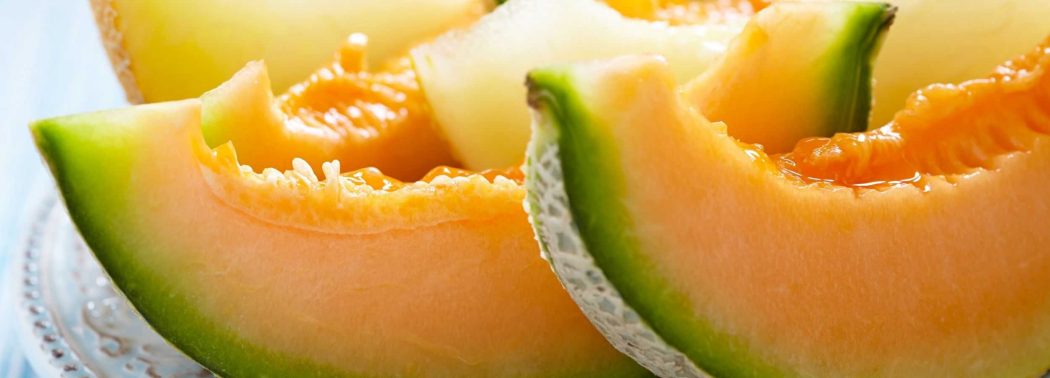
Vitamin A
Cantaloup contains moderate amounts of vitamin A, which has been linked to supporting eye health. On top of that, this nutrient can prevent certain inflammatory conditions, such as arthritis.
Vitamin C
It’s widely acknowledged that vitamin C is one of the essential nutrients that pets should receive if their guardians want them to be healthy. Besides fighting off infections, vitamin C also stimulates collagen production, meaning that it supports connective tissue health. With enough vitamin C in their diet, dogs suffer less from joint conditions such as arthritis.
Antioxidants
Cantaloup contains a number of antioxidants from tocopherol to antioxidants. The latter are capable of preventing cell damage, so they effectively prevent diseases such as heart conditions, lung and prostate cancer, as well as many others.
Minerals
A variety of minerals from calcium to copper are present in melon, and they are essential for overall good health.
How much to feed
All veterinarians agree that fruit should be a snack for dogs, which means that you should never feed them more than in a ratio of 10% compared to the rest of their diet.
Dogs share a common ancestor with wolves, which means that protein and fats should be the most important ingredients in their diets. Fruit contain carbs and when they are fed in excessive amounts, they can cause obesity and even diabetes. The following table shows the recommended amounts of cantaloupe that you can feed to your dog.
Potential risks
Gastrointestinal issues
If you have ever heard the expression ‘too much of a good thing’, you probably know that massive amounts of fruit can cause your dog to develop a health issue. Diarrhea is the most common one of all and it can be caused by too much fiber in too much cantaloupe.
Other symptoms that a dog with a gastrointestinal upset can show are vomiting and lethargy and the absence of appetite.
Choking hazard
Both the rind and the seeds can present a choking hazard, particularly for very small dog breeds (such as the Chihuahua, for example).
High blood sugar
Even though cantaloupe doesn’t contain as much sugar as other types of fruit (such as banana), it can still cause issues in dogs that have diabetes.
If you know that you have to keep your pet’s blood sugar level in check and perform adjustments to the amount of insulin you inject them when serving treats, you might want to steer clear of melon.

Preparing the food
The best way to give your dog cantaloupe is by feeding it raw. Wash the fruit’s exterior, cut it in half, and then make sure to remove the rind and the seeds.
Cut it into small, bite-sized pieces. The tinier they are, the better, as they aren’t going to risk choking your pet whether you have a bigger or a smaller dog.
Serving ideas
If your dog is a cantaloupe fan and you don’t have a hard time incorporating it into their diet, you might not have to worry about serving at all. If not, here are some suggestions:
- Freeze bite-sized melon pieces for a healthy summer treat
- Blend the fruit pieces if your dog has dental issues and prefers eating in liquid form
- Dehydrate the fruit in the oven if your dog likes chewy treats
Conclusion
Although compared to other kinds of fruit, cantaloupe is much, much healthier, it should still be given to dogs in moderate amounts.
For more information on what fruit is safe and which one you should avoid feeding to your pet, have a talk with your veterinarian. Some dogs have specific health conditions that might make it impossible for you to give them fruit as a snack.
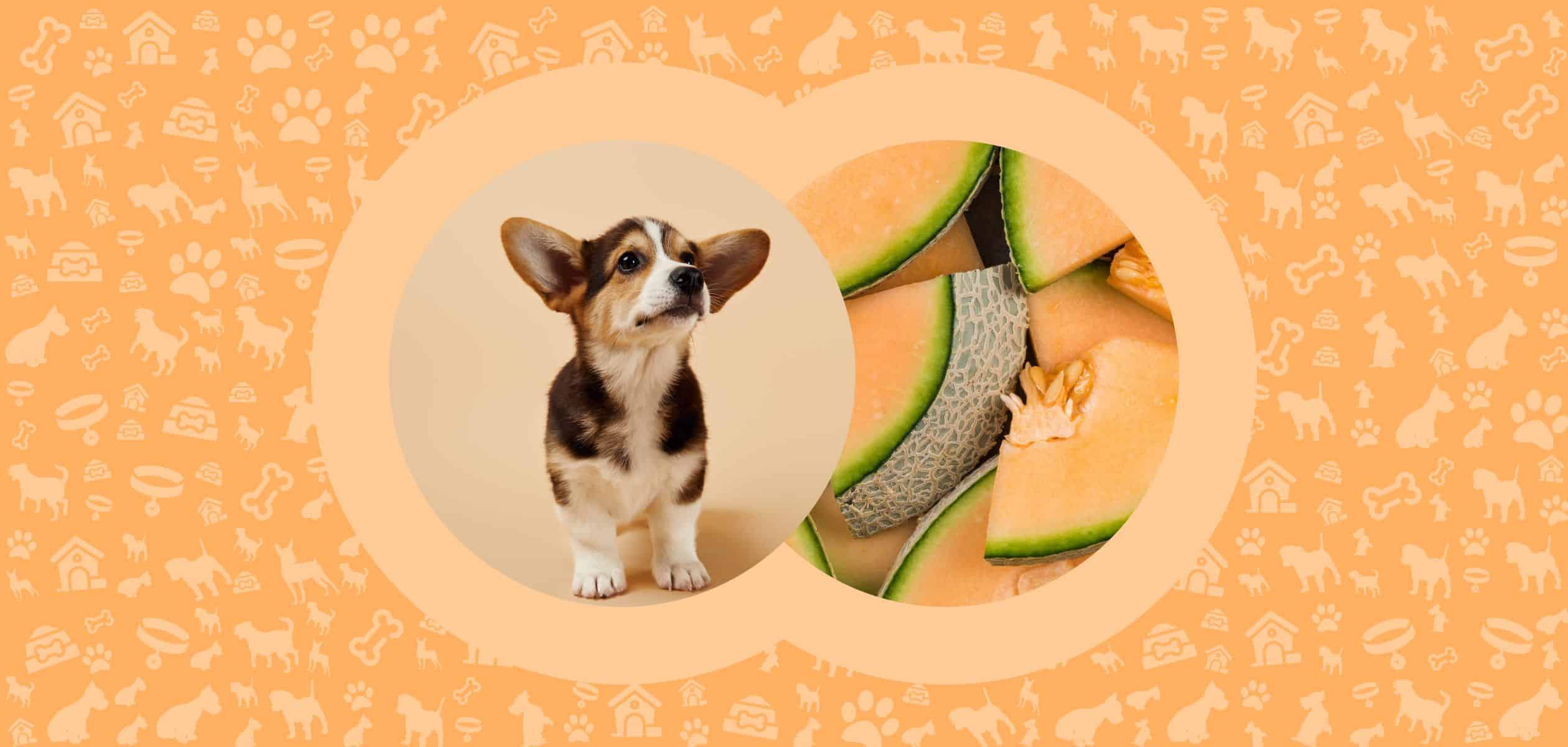
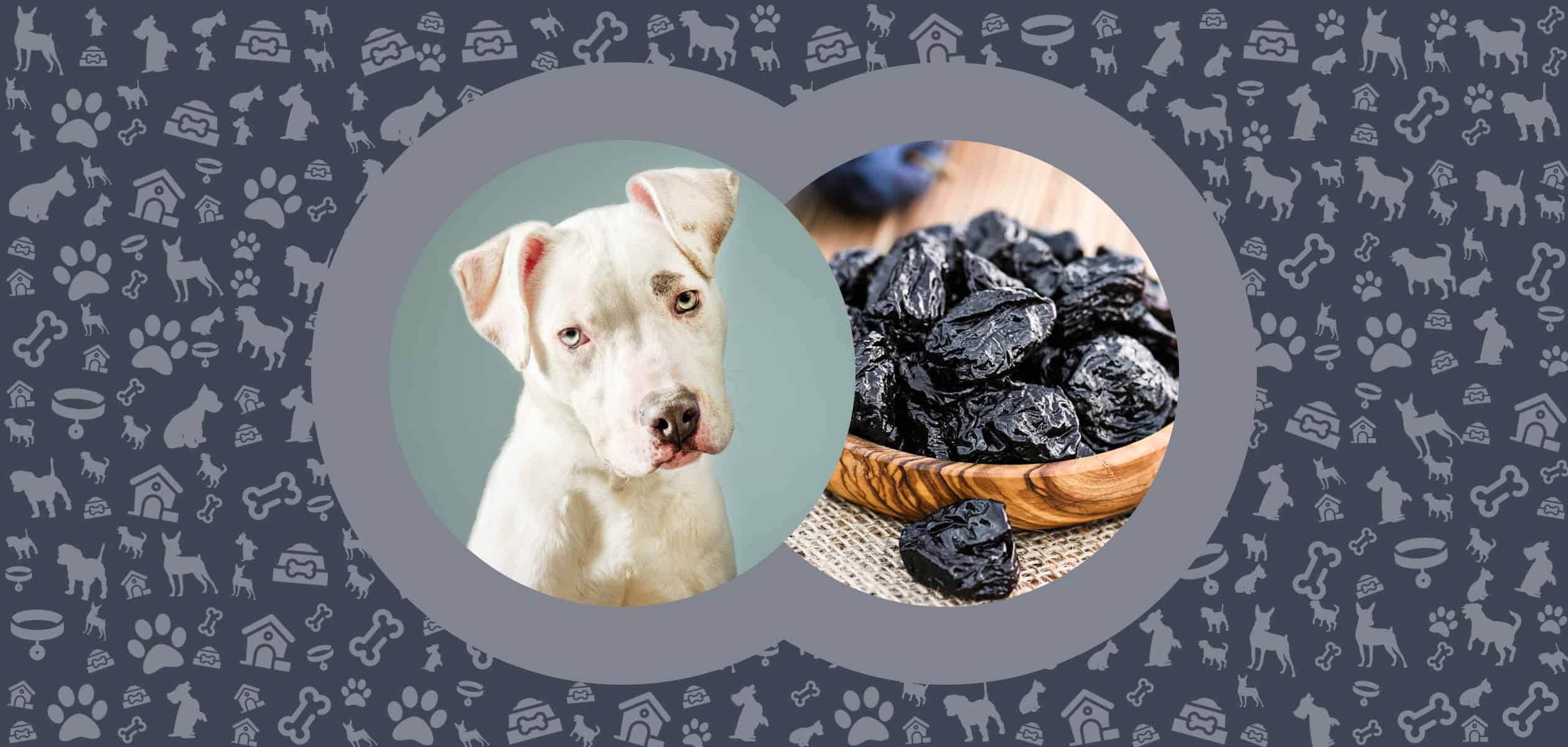
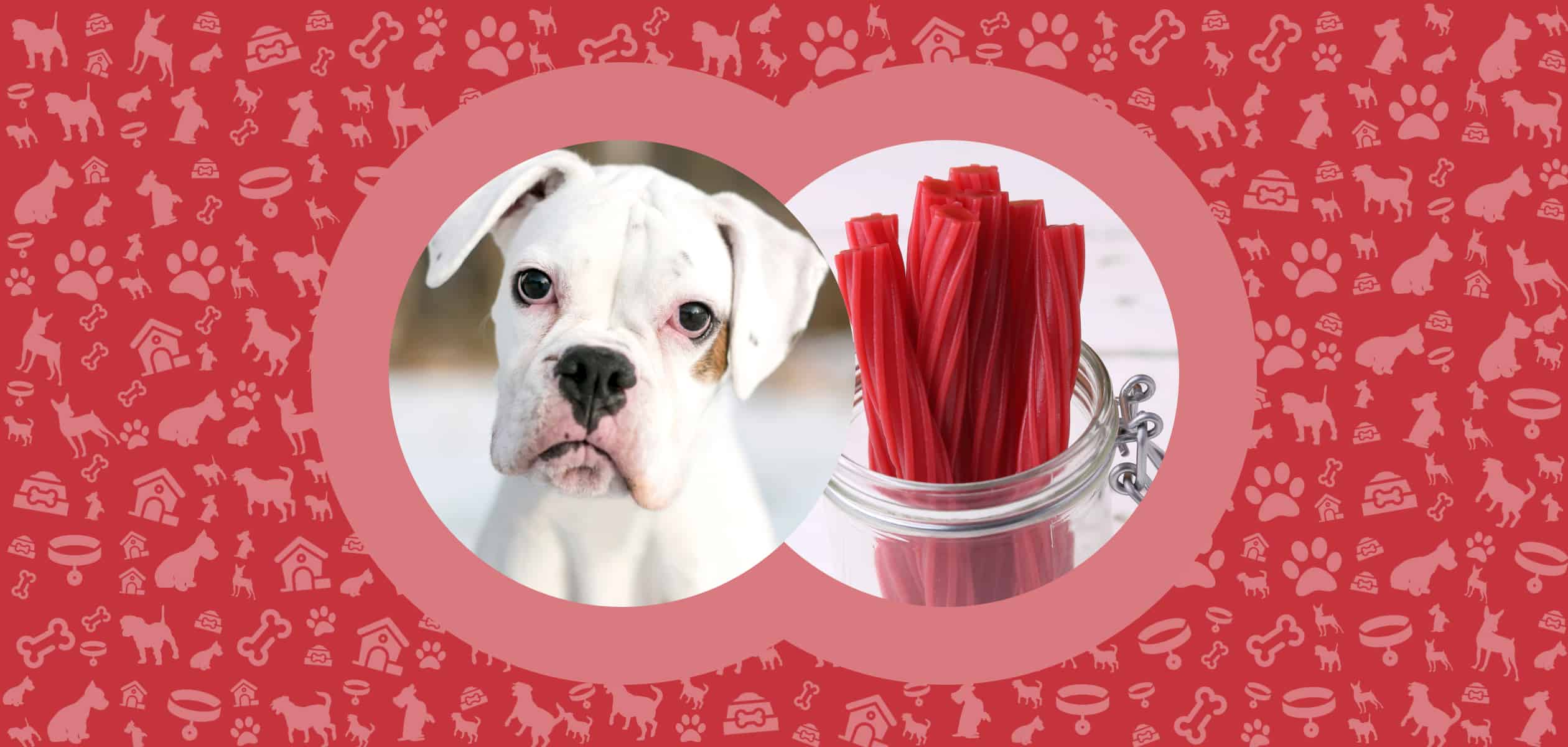
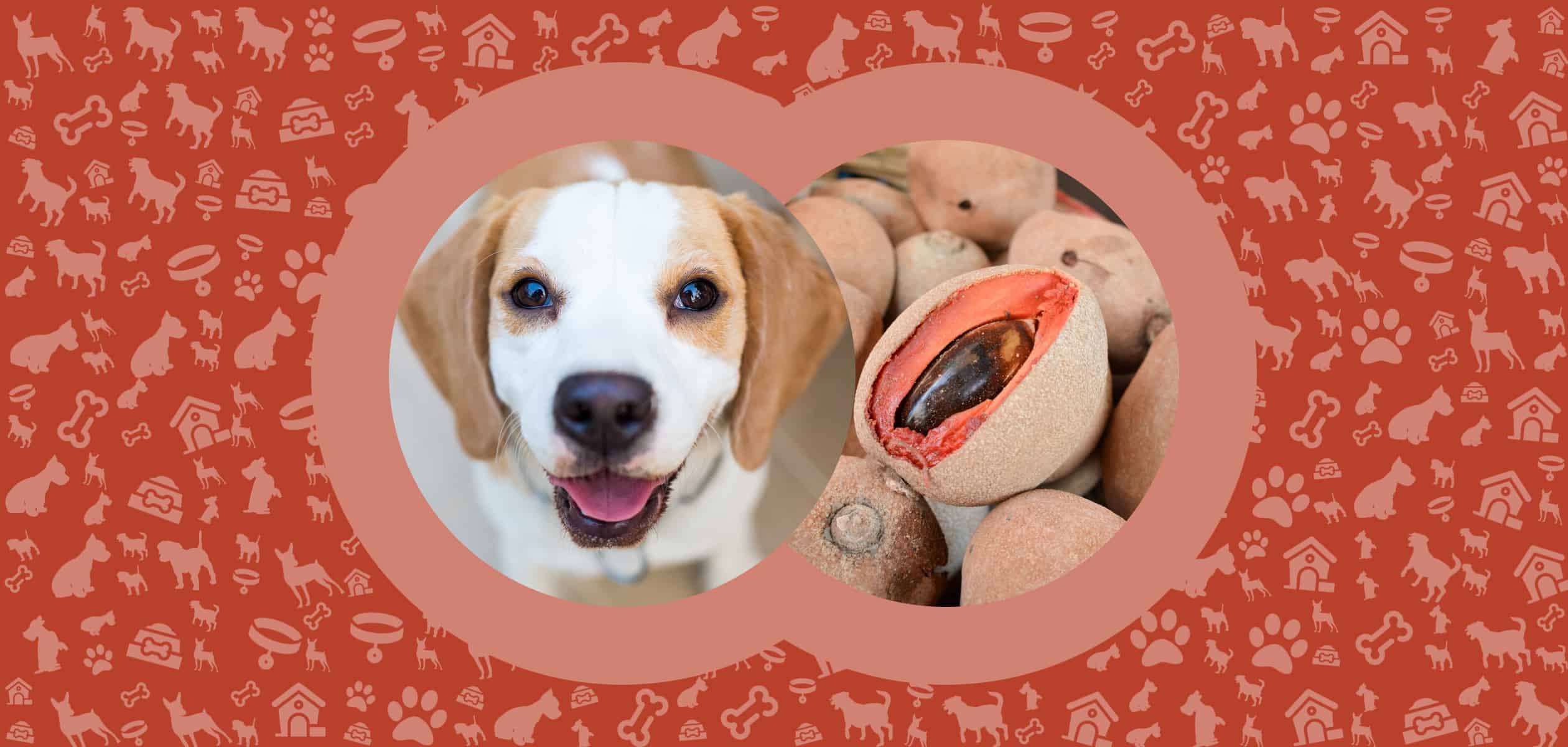
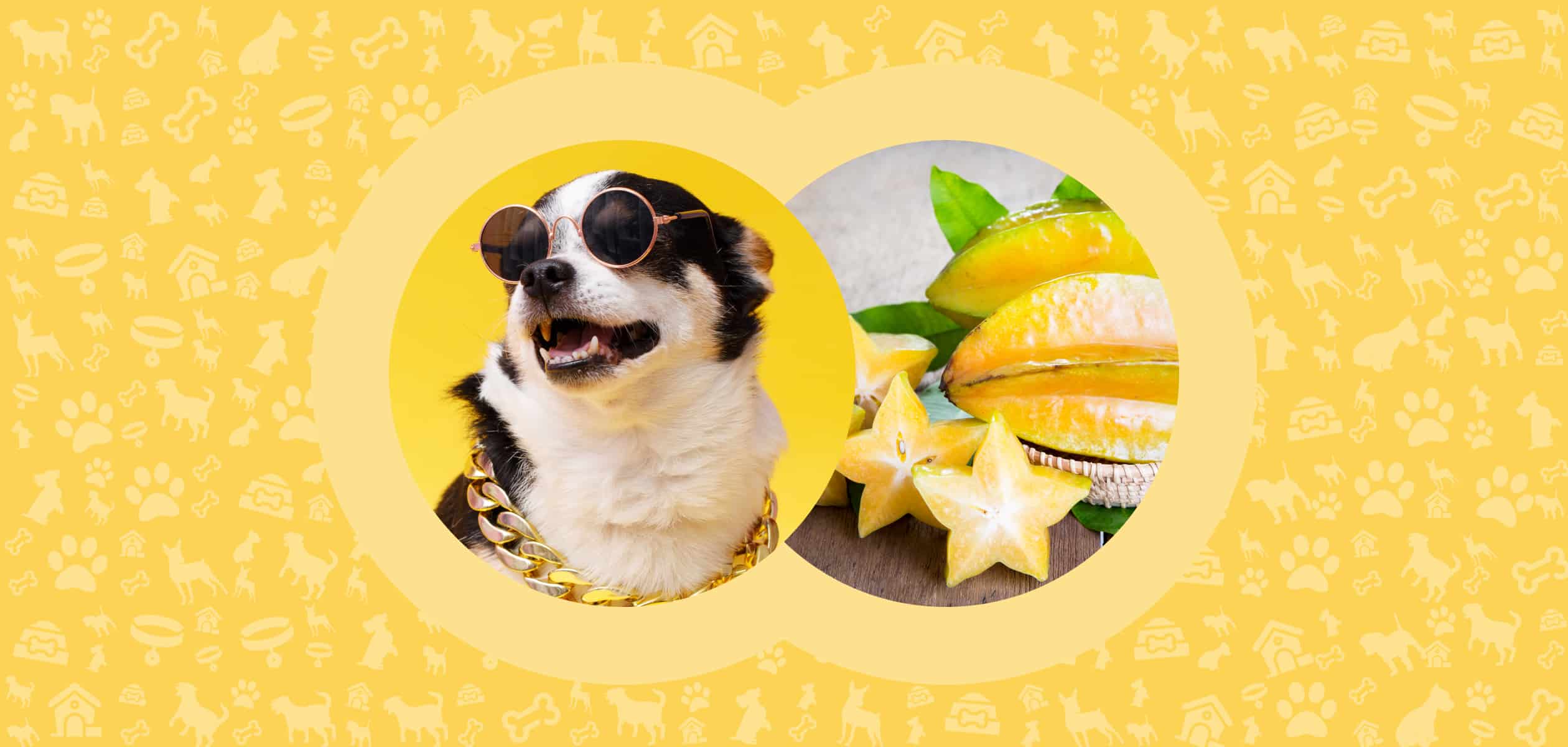
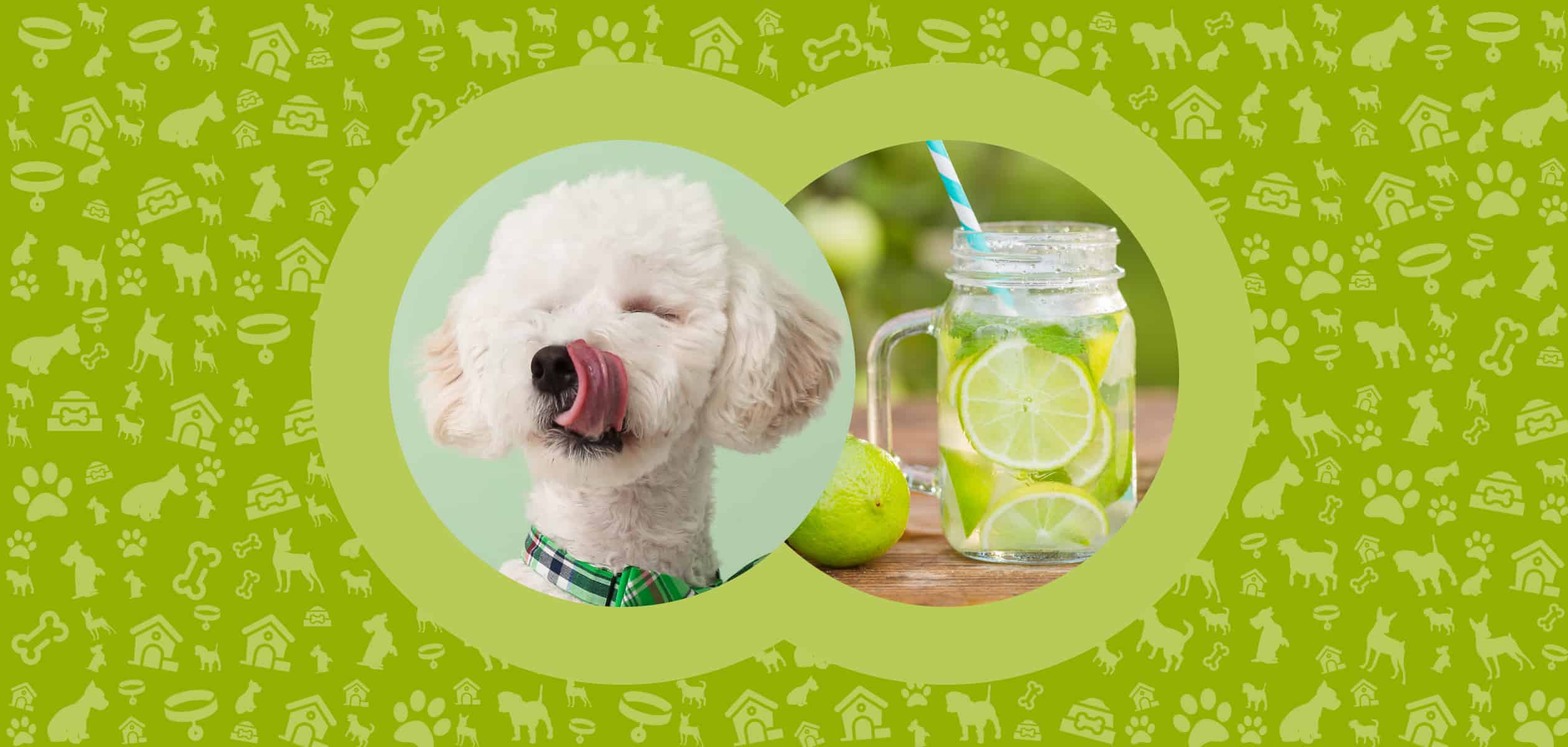
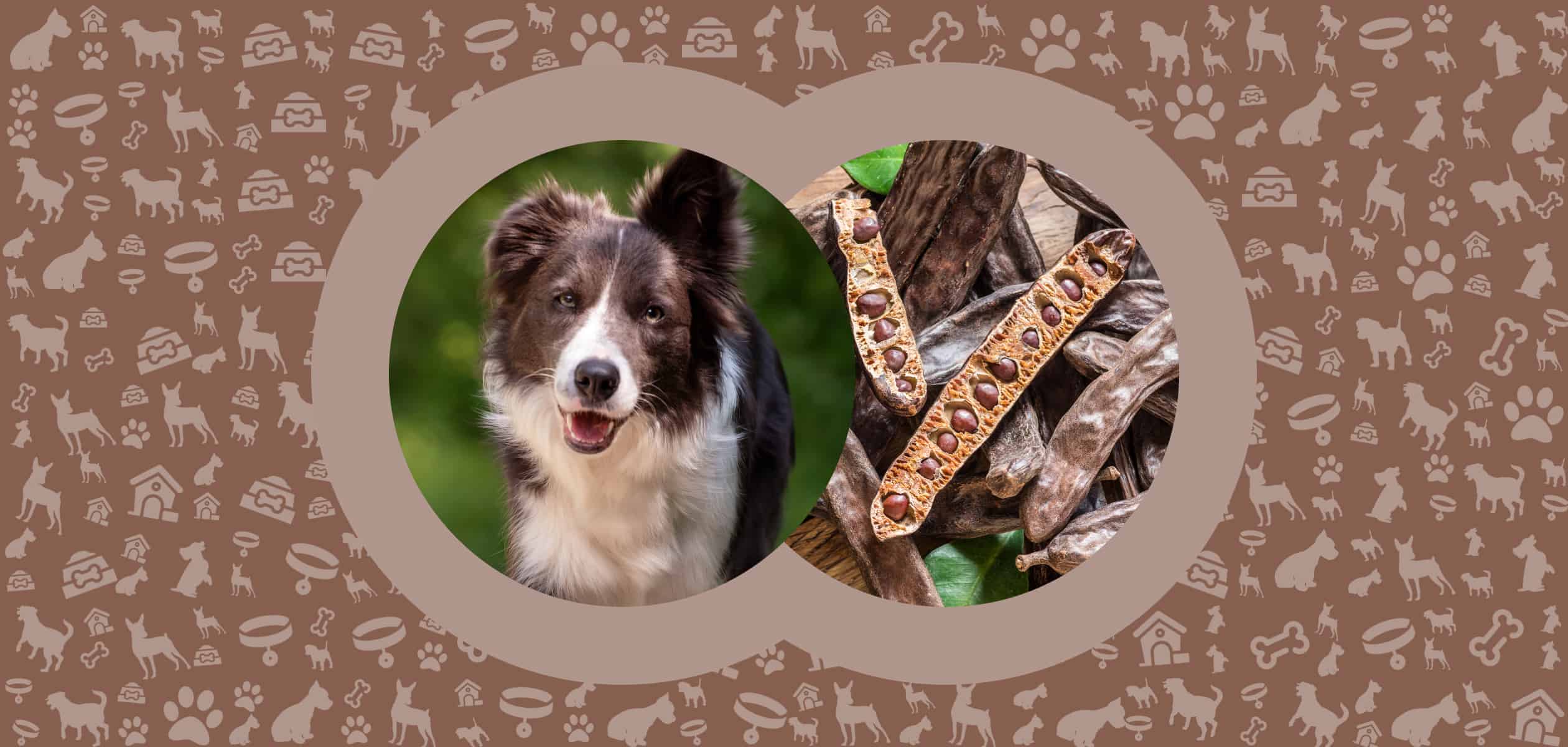
Leave a Comment